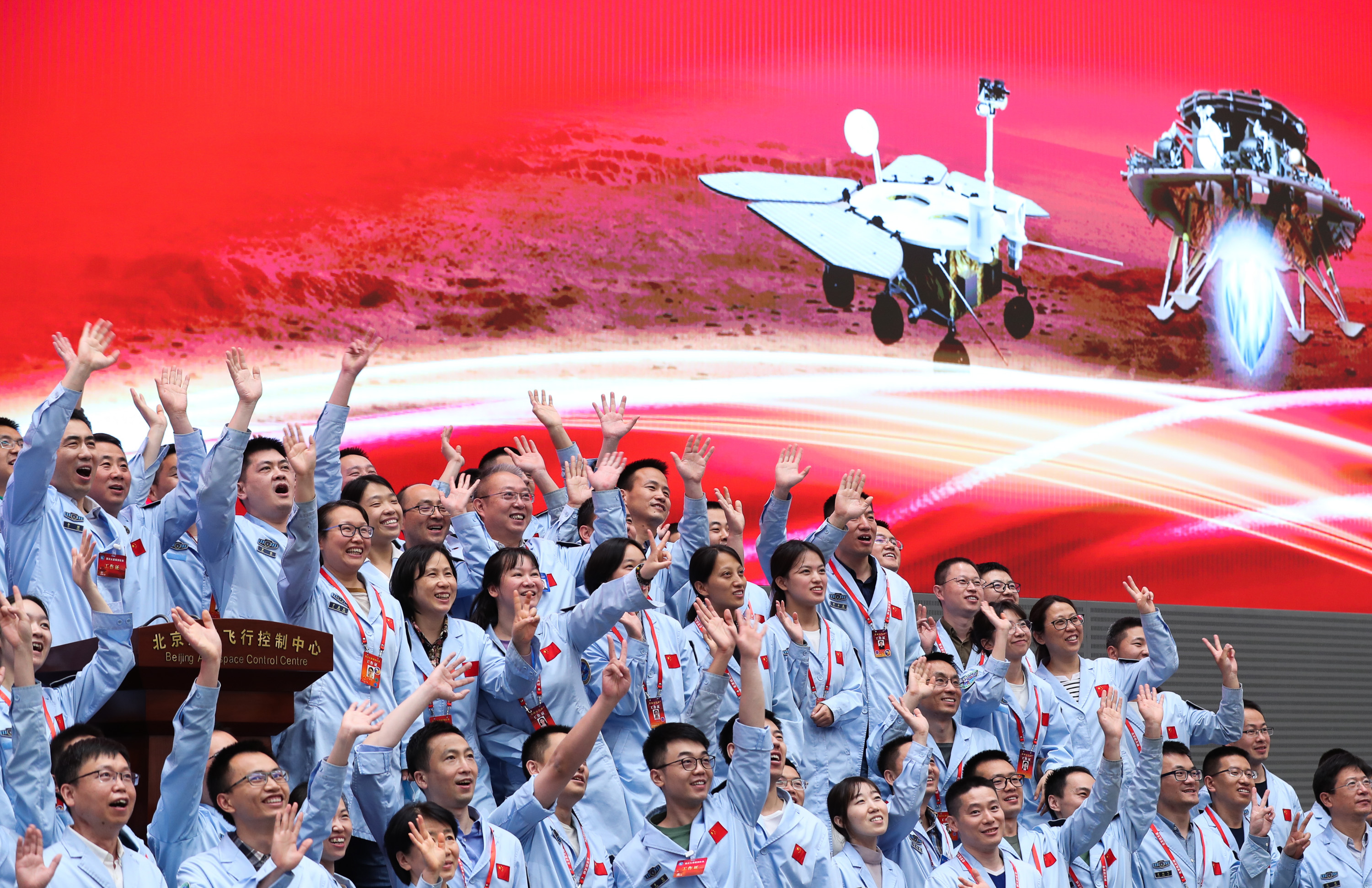China Ranks No.1 in the Full-time Equivalent of R&D Personnel: Report
By LI Linxu
The full-time equivalent of China's R&D personnel has seen a rapid growth in 2020, and ranks No.1 in the world, according to China Science and Technology Talent Development Report (2020) released on August 27.
As an important indicator measuring sci-tech manpower input, the full-time equivalent of R&D personnel, referring to the R&D personnel converted by workload, has increased from 3.878 million man-years in 2016 to 5.092 million man-years in 2020 in China, with an average annual growth rate of over 7 percent.
The Report, compiled by the Ministry of Science and Technology (MOST), has been published every two years since 2014, comprehensively summing up the latest development of the country's sci-tech talents.
"The development history of science and technology demonstrates that whoever has first class innovative talents and first class scientists, takes an advantage in sci-tech innovation," writes Wang Zhigang, minister of the MOST, in the preface of the Report.
According to Wang, a series of major achievements have been made in the country's sci-tech talent development in recent years, such as further enhancing support for sci-tech personnel, continuously improving the evaluation system of sci-tech achievements, and better management of research funding.
Besides rapid growth in the full-time equivalent of R&D personnel, during the 13th Five-Year Plan period (2016-2020), the number of China's sci-tech talents is continuously growing, the structure of the country's sci-tech keeps optimizing, the sci-tech talent pool is constantly expanding, and the internationalization pace of sci-tech talents is significantly accelerating, concludes the Report.
The proportion of R&D personnel with bachelor's degree or above accounted for 63.6 percent of the country's R&D personnel in 2019, whereas the number in 2015 was 50.5 percent.
Meanwhile, the proportion of R&D personnel with a doctor's degree accounted for 8.5 percent of total R&D personnel in 2019, a significant increase compared with that of 2018.
Space program team members celebrate at the Beijing Aerospace Control Center after the successful landing of China's Tianwen-1 Mars probe on the Red Planet was announced on May 15, 2021. (PHOTO: XINHUA)
In addition, an increasing number of young sci-tech personnel have become the main force of R&D. For example, those who have accomplished the achievements of National Natural Science Awards in 2019 have an average age of 44.6 years, and 60 percent of them is under the age of 45.
"From the macro perspective, the era of China's sci-tech manpower dividend will continue," said Guo Tiecheng, deputy director of Institute of Scientific and Technical Information of China.
Moreover, the full-time equivalent of R&D personnel engaged in basic research was 392,000 man-years in 2019, up 28.5 percent from a year ago, according to the statistics.
"The big increase shows that more and more sci-tech personnel are willing to engage in basic research, laying a solid foundation for the development of the country's basic research," said Chen Baoming, a deputy director general in MOST, adding China is in urgent need of basic research talents with the capabilities of original innovation.
At the same time, the report also calls for coordinating the development of sci-tech talent resources at home and abroad.
"We should deepen the opening-up and cooperation in the field of sci-tech talents, develop an internationally competitive system of talent cultivation and introduction, and build a R&D innovation highland clustered with global talents," said Wang.


